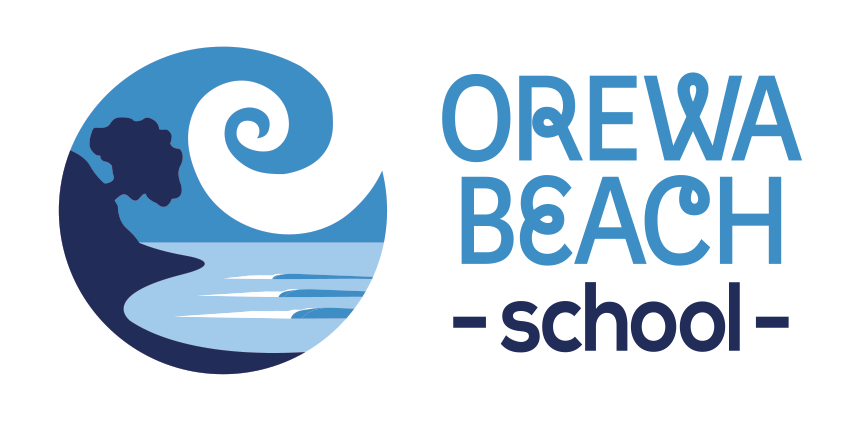
Curriculum
English
English curriculum encompasses the oral written and visual forms of the language.
CLICK HERE TO READ MORE
English curriculum encompasses the oral written and visual forms of the language. The strands differentiate between the modes in which students are primarily:
- making meaning of ideas or information they receive (listening, reading and viewing
- creating meaning for themselves or others (speaking, writing and presenting)
Mathematics and Statistics
The school teaching is based on the national numeracy programme.
CLICK HERE TO READ MORE
- Numbers & Algebra
- Geometry & Measurement
- Statistics
Science and Social Sciences
These areas of the curriculum are organized with an integrated approach around a range of topics.
CLICK HERE TO READ MORE
These areas of the curriculum are organized with an integrated approach around a range of topics. The school uses an Inquiry approach to the learning that involves a child centred focus for learning that develops a combination of students obtaining knowledge and thinking at increasing levels as they progress through the school.
Technology
Students receive a range of experiences based on the Technology Curriculum within their class and syndicate.
Information Technology
The use of ICT to enhance teaching and learning is an ever developing feature of the school. The school has a balanced approach to devices with ipad’s in the year 1 and 2 classes and then chrome books in the year 3-6 rooms. The use of data projectors or large screen TV’s for children to cast their work on and digital equipment is being used in more classes as the funds become available for their supply.
Health and Physical Well-being
Programmes are based around four key strands.
CLICK HERE TO READ MORE
Students receive a range of experiences based on the Technology Curriculum within their class and team. Being able to think through solutions to a problem is a feature of this programme that can be covered separately or integrated with topic studies.
CLICK HERE TO READ MORE
The use of ICT to enhance teaching and learning is an ever developing feature of the school. The school has a suite with 15 computers and also computers and iPads in all classrooms. The use of data projectors and other digital equipment is being used in more classes as the funds become available for their supply.
CLICK HERE TO READ MORE
Programmes are based around the following four strands:
-
Personal Health and Physical Development
-
Movement Concepts and Motor Skills
-
Relationships with Other People
-
Health Communities and Environments
Physical Education
The programme at the various levels involves daily fitness and includes large and small ball skills, athletics, gymnastics, swimming and cross country. The swimming programme for the junior students is based at the Northern Arena and for the senior students is a beach based programme involving sailing, surfing and water safety. The programme at the various levels involves daily fitness and includes large and small ball skills, athletics, gymnastics, swimming and cross country. Each year school events are held for swimming, cross country and athletics. The school participates in the events organised by the Hibiscus Coast Schools Sports Association. School teams are involved in touch, rippa rugby, netball and basketball. Enrolment with ports clubs is advertised through the weekly newsletter.
The Arts
Programmes are based around four key strands.
Kapa Haka
The school Kapa Haka group meets for tuition once a week. The junior Kapa Haka from 1.15pm to 1.45pm and the senior from 1.45pm- 2.45pm under the guidance of Lee- Anne Wade. This group is open to all students attending the school.
CLICK HERE TO READ MORE
CLICK HERE TO READ MORE
- Dance
- Drama
- Music – Sound Arts
- Visual Arts
CLICK HERE TO READ MORE
The school Kapa Haka group meets for tuition once a week from 1:45-2:45pm under the guidance of Lee-Anne Wade. This group is open to all students attending the school.
Outdoor Education
The School has developed a progressive programme that has students receiving experiences outside the classroom.
Learning Support
These are offered where needed to support student learning.
Homework
Each Team will inform parents of the homework requirements and routines through a Homework Guide issued at the start of each year.
CLICK HERE TO READ MORE
The School has developed a progressive programme that has students receiving experiences outside the classroom. The programme includes:
- hiking,
- cooking meals over an open fire, and
- setting up a complete camp site using the School tents and cooking equipment.
CLICK HERE TO READ MORE
Through our learning support programme/s students are offered additional support in these areas to help them progress. This programme is also used to extend students with talent working above their class peers.
CLICK HERE TO READ MORE
- Year 1 to 4: 10 – 15 minutes
- Year 5 to 6: 20 – 30 minutes
